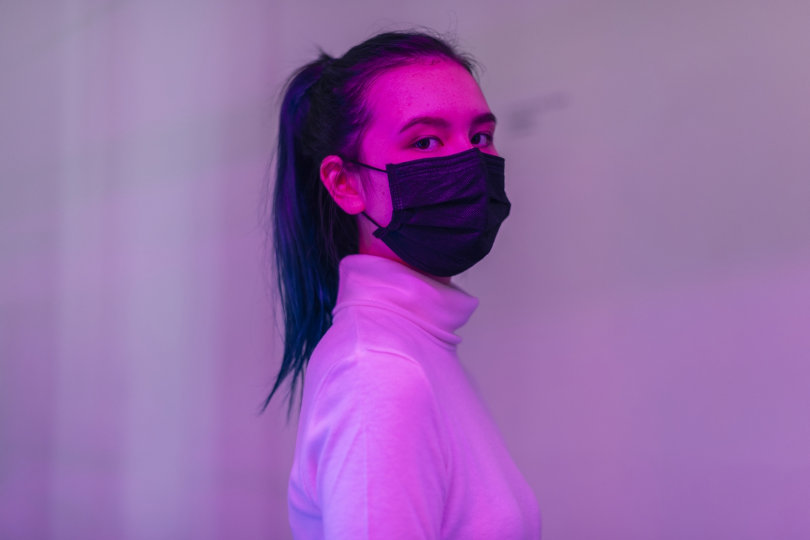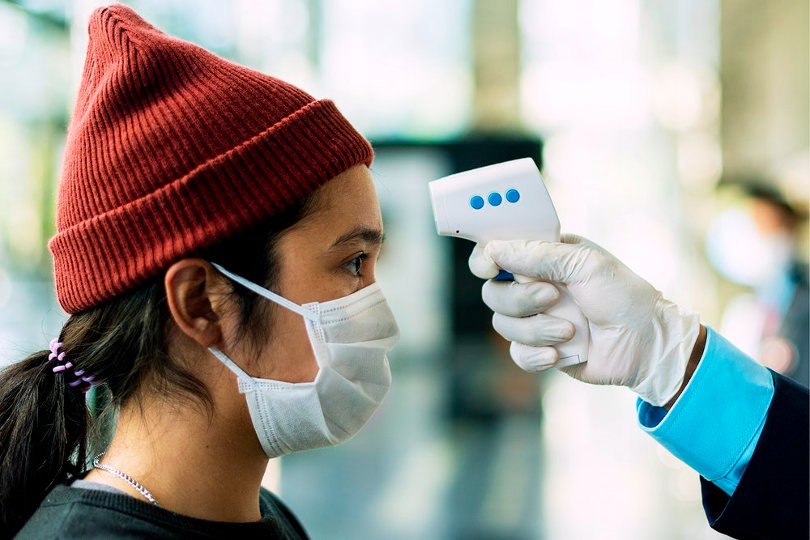The Covid-19 pandemic has had a huge impact on several industries of which the hospitality industry is no exception. Nightclubs had to be closed for months to limit the spread of the virus that was spreading like a wildfire in the harmattan.
After several months of closure, several governors are giving nightclubs the green light to reopen albeit with several rules and guidelines. The Nightlife Industry is currently a shell of what it used to be and there is a long road of recovery ahead.

As nightclubs start to reopen, many owners are finding it difficult to observe safety regulations while also maximizing customers’ experience. The new guidelines also mean the mode of operations in nightclubs has to change and it is indeed a major change.
While the hope is that things return to normal soon, club operators have to reopen within the current situation and guidelines. And below are 7 reopening tips that will be helpful to club operators:
1. Carry out health and safety risk assessment for Covid-19
One of the most important responsibilities of an employer is to protect their employees from harm. This includes carrying out a health and safety risk assessment to protect employees from Covid-19. Part of this involves club operators identifying work activity that could cause the spread of Covid-19. It also involves considering people, which could be employees, customers, contractors, delivery drivers – at risk of contracting the virus.
Finally, the possibility of someone being exposed to the virus should be considered and appropriate measures put in place to reduce the risk.
Involving staff members in the safety risk assessment is recommended to identify those particularly vulnerable to Covid-19 and how the risk could be reduced. A way to achieve this is to limit the number of people staff members interact or come in contact with. This can be done by having staff in fixed teams or partnering and also on rotation. Other measures involve adequate ventilation, cleaning controls, and proper hand hygiene.
Cleaning surfaces is important to reduce the potential for disease transmission. Adequate ventilation and proper hand hygiene will be discussed later in this article.
2. Follow new regulations
There are guidelines guiding the reopening of nightclubs and these guidelines may vary between countries and even between states in the same country. As a nightclub owner/operator, it’s important to find out local guidelines and adhere to them. The purpose of the guidelines is to protect both the club staff and patrons from Covid-19.
Depending on local guidelines, patrons may be required to show proof of vaccination before gaining access to the club. It could also be a recent negative Covid-19 test or checking patrons’ temperature and turning back those that have a fever, one of the symptoms of the Covid-19 infection. Some guidelines require nightclubs to be fully ticketed (electronically).
Whatever the guidelines may be, it’s important to follow to ensure the risk of Covid-19 transmission in the club is reduced to the barest minimum.
Following stipulated guidelines is also important for patronage. Many customers are aware of the dangers of Covid-19 and would only patronize clubs that follow guidelines and have measures to protect them.

3. Retrain/educate your staff
All staff members must be made to understand the importance of the following Covid-19 guidelines. Employees should use face masks as much as possible, especially when it’s difficult to maintain social distancing. Policies that encourage sick employees to stay at home should be formulated and employees be made aware of such policies.
Hand hygiene is important to prevent Covid-19 transmission and staff members should wash their hands regularly especially before and after serving food, drinks, or after touching garbage. Proper hand washing techniques should be shown to all staff members and soap and water should be readily available. When soap and water aren’t readily available, an alcohol-based sanitizer should be provided.
Staff members should be encouraged to wear gloves when handling dirty food or service items, disinfecting surfaces, and removing or disposing of garbage. After carrying out any of these activities, staff members should remove the gloves and wash their hands properly with soap and water or an alcohol-based sanitizer should the former not be available.
Adequate security is also crucial. As a nightclub business owner, you will be held responsible for anything that occurs in your club, from a Covid-19 outbreak to an on-site assault. The last thing you want to do is to end up fighting a nightclub injury claim on your opening week.
Finally, signs such as posters that encourage protective measures against Covid-19 should be placed at strategic places for both employees and customers.
4. Redesign guest experience
One of the problems Covid-19 has presented to the hospitality industry is figuring out how to take several Covid-19 specific guidelines, implement them, and try to make them seamless and invisible to the customers. With staff members using facemasks and maintaining social distancing, the nightclub experience isn’t going to be the same for the customers.
There isn’t much that can be done about that at the moment but nightclub operators can work to redesign the customer experience.
Staff members will have to perfect their body language and eye contact with guests to let them forget they are wearing masks. Electronic ordering will have to be implemented which has its advantages as nightclubs can provide more information about services and products on their websites.
Paying or tipping with cash may also have to be temporarily suspended as money could potentially spread Covid-19. But not all clubs may be ready to go cashless in which case money has to be treated as potential contaminants and handheld with care.

5. Provide adequate ventilation
The Covid-19 virus can be transmitted through small respiratory droplets and the risk of contagion is increased by inadequate ventilation. This is why nightclub operators should ensure there’s an adequate supply of fresh air in the club especially when customers are present. Improving ventilation can be done by opening doors, windows, and vents but these methods are usually not feasible in a nightclub. Instead, nightclub owners/operators can provide ventilation mechanically using fans and ducts or even a combination of the two.
It’s also important to identify poorly ventilated areas within the club as these areas represent zones of high contagion. This is because residual virus could remain in the air even after an infected person has left. And anyone that comes into the area could inhale the virus and be at risk of contracting Covid-19.
A way to know if an area is well-ventilated involves the use of a CO2 monitor. Since we breathe out CO2, a high level of the gas in an area could indicate that the ventilation isn’t adequate. And should any area turn out to be poorly ventilated, steps should be taken to improve the ventilation to reduce the risk of Covid-19 transmission. Improving ventilation will dilute any air-borne virus.
6. Check in people at the club
Nightclub operators can implement contract tracing which involves collecting contacts of patrons to make tracing any Covid-19 transmission easy. Contact tracing can help interrupt ongoing transmission as well as help reduce the spread of the virus. Previous guidelines in most countries mandated nightclub operators to collect customer contact details. However, this guideline is no longer in place so nightclubs are no longer legally obligated to collect customer contact details.
Contact tracing is now optional but nightclubs that implement it will be doing a huge service for regulatory authorities since it’ll be easier for them to contact customers that may have been exposed to Covid-19 for a test. Also, nightclub owners can check people in work their NHS pass by displaying a QR Code or having the customers show them the pass on their phones.
Depending on local guidelines, nightclub owners may not be able to turn away people that refuse to show their NHS pass. And this is why it’s important to be familiar with local guidelines.

7. Turn away people with Covid-19 symptoms
Anyone showing any symptoms of Covid-19 shouldn’t be allowed on the premises be it a staff member or a customer. The club can do a simple temperature check as previously mentioned and forbid people having fever from entering the premises. Fever isn’t the only symptom of Covid-19 and staff members or customers showing several symptoms should be advised to self-isolate and book a PCR test as soon as possible.
Any staff member contacted by NHS or its equivalent in another country and informed of being in contact with someone tested to be positive for Covid-19 should be allowed to self-isolate. This is where a policy that allows staff members to stay at home when showing signs of Covid-19 or being in contact with someone tested to be positive for the infection comes in. Note that some people may be exempt from self-isolation depending on the current guidelines.







